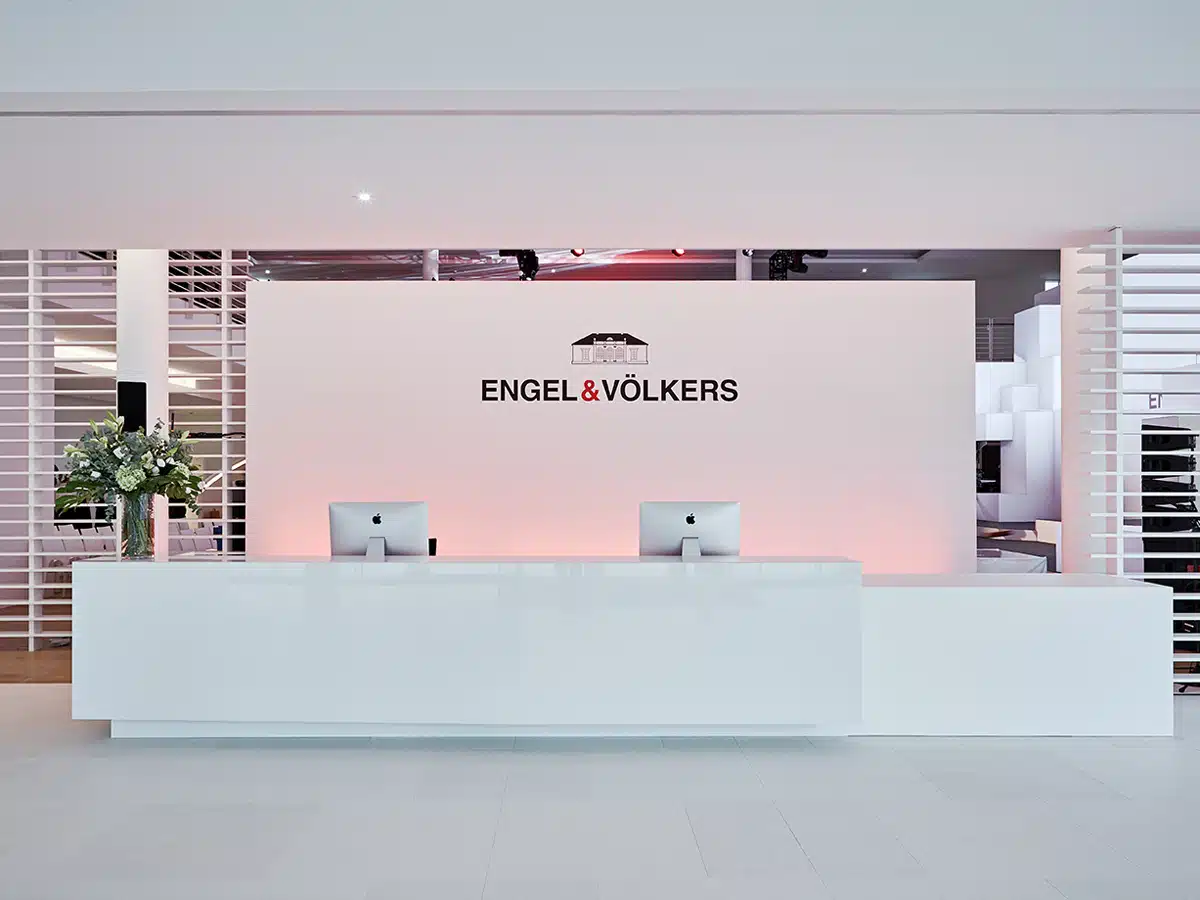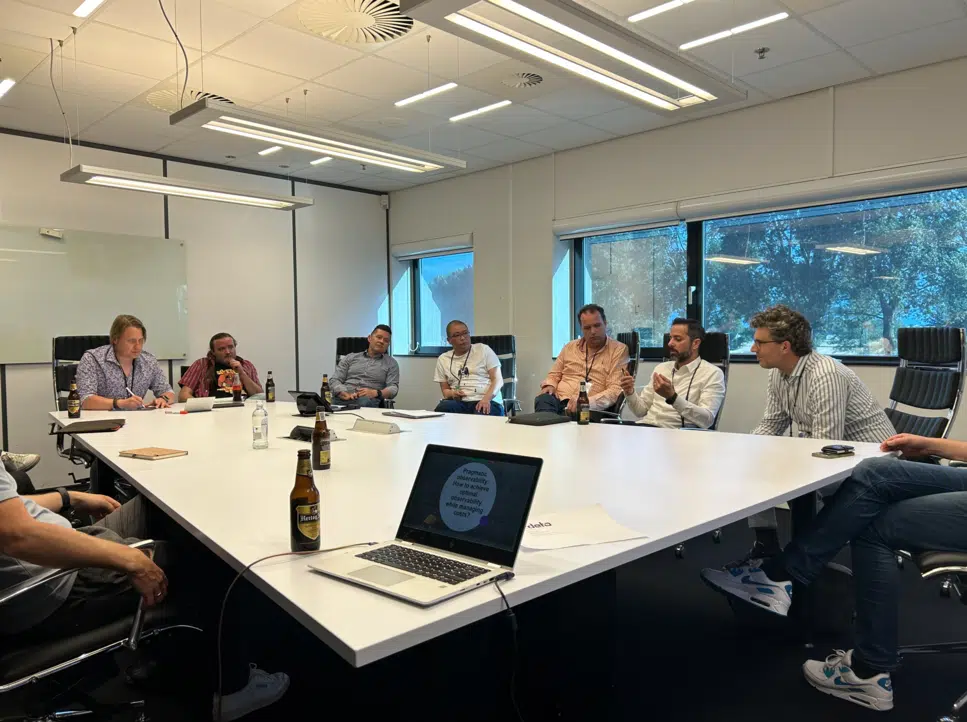When navigating a career within the Salesforce ecosystem, there are various questions to ask yourself… Do you want to work on a permanent or contract basis? Are certifications or experience more important for your career development? Are you more suited to a technical or business-facing position? As the ecosystem continues develop, there will be more and more career choices for Salesforce professionals to make.
We address one of the biggest decisions that most Salesforce professionals will make – whether to work for an end user or consultancy. Both options offer lucrative career opportunities, and throughout your Salesforce journey you may experience both, however making the decision to move can be difficult.
We delve into the potential pros and cons to consider when deciding whether to work for an end user.
Pros
Much like taking on a permanent role at a company, positions with end user clients are generally in a fixed location with set working hours. Based on this, one of the major benefits of working for an end user is the ability to strike a pretty good work-life balance.
Autonomy
As a general rule, you’re able to take control of your own workload, clocking in and out as and when you need, which means that working for a Salesforce end user could provide you with a greater sense of freedom and autonomy. So, if you’re someone who likes the idea of controlling your working life then this is definitely a reason to put the end user role in in the ‘yes’ checklist.
Progression and hands-on experience
It’s also important to consider the progression and career growth that comes with working for an end user. Companies are more likely to invest in employees who are with them for the long-haul, and the longer you spend working with an end user the more likely you will get promoted along the way.
However, there is the potential that you may hit a ceiling working for an end user; particularly if you are working in a small business not yet looking to expand their Salesforce capabilities. Saying that, working for a smaller end user will enable you to gain hands-on experience and the transferable skills needed to help you take the next step on your Salesforce journey.
The end user journey is a tale of two sides: either you join a larger company offering growth and progression opportunities, or a smaller-sized business working more autonomously and gaining the hands-on experience needed to progress into new roles. In both instances, working within an end user environment can provide ample growth opportunities.
Working with an end user might also present opportunities for further development, such as attending career beneficial conferences; including the likes of Salesforce World Tour. End users are investing in you as a permanent employee and, by extension, in their business and their own capabilities.
Fulfilment
Finally, you should consider that by nature of the fact you will be contributing to the success of the business you are working within, you may feel more of an emotional connection with your work. You’ll be working on challenges and solutions that affect you and the organisation you are a part of. If you’re someone who is driven by being part of something bigger then working for an end user is an appealing way to gain a sense of pride and belonging.
Cons
Although working for an end user certainly has its perks, there are still some potential negatives to consider.
Less variety
If you like change and get bored easily, then the end user path may not be for you. These roles tend to have less variety than consultancy roles (although that’s not always the case), so it’s important to consider whether you’re willing to trade career diversity for a more predictable route.
Limited access to new technologies
With the Salesforce ecosystem developing as quickly as it is, it is important to immerse yourself in the new technologies and capabilities that are constantly advancing. End users tend to be more structured around how they use Salesforce, therefore there is always the chance that you won’t get your hands on the new tech if it isn’t in their plan. This presents the question whether you would be happy potentially being hands-off from the latest Salesforce apps and gadgets. That being said, you can, of course, use other means keep yourself up to date; be it Trailhead or attending meet-ups to stay in the know.
Certifications
Salesforce certifications are another point to consider when making the decision between end user and consultancy. Whilst end users won’t actively discourage you from completing certifications, they certainly won’t push you to become certified either. That’s not to say that you can’t become certified, but it’s more likely you will end up doing so in your spare time. Of course, there may be some end users who encourage certifications and will build this into your development plan, but it’s more common for a consultancy to support you in this respect (stay tuned for more on this in next week’s instalment).
When it comes down to it, the decision to work for a Salesforce end user or a consultancy is all down to personal preference and your individual circumstances, but an unbiased view can certainly help you weigh up your choices.
If you’d like further Salesforce careers advice, or are interested in the latest end user roles, get in touch with one of our specialist Salesforce consultants today for a confidential chat.




